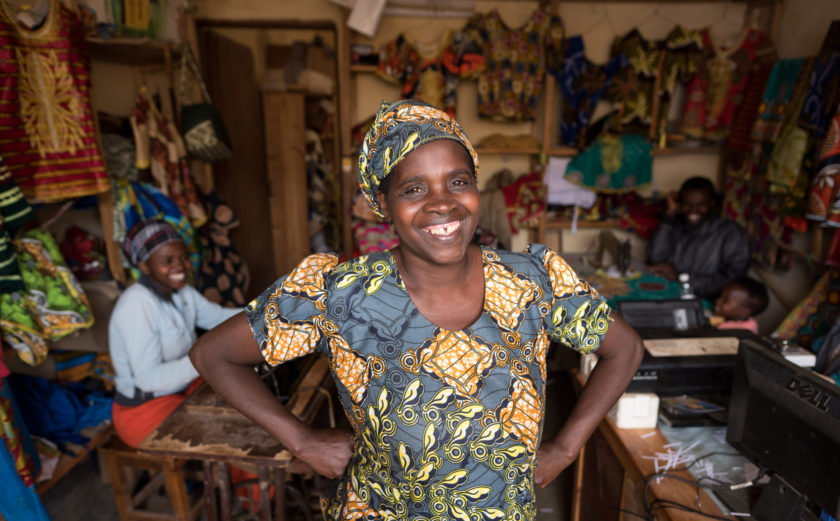Tech Habits of Nonprofits Around the World
Public Interest Registry with our partner Nonprofit Tech for Good recently released the results of the third annual Global NGO Technology Report, a research project that analyzes how non-governmental organizations (NGOs) worldwide use web, email and mobile technology, online fundraising tools, and social media.
If you’re not already familiar with the Global NGO Technology Report, I encourage you to visit Techreport.ngo to download the full report and explore global and regional findings and trends. The findings are based on a survey of more than 5,300 NGO respondents from 164 countries across Africa, Asia, Australia & Oceania, Europe, North America and South America. This research initiative is an important measurement tool, providing a peer-to-peer learning opportunity and broader insight into the ways organizations around the globe are seeking to generate awareness, cultivate relationships with core audiences, raise funds and enact social change.
Data points are broken down by themes – like social media, data management and data management/security – and by geographical regions to help provide a baseline for which comparisons can be made. It is inspiring to see that such a high percentage of NGOs around the world now have mobile-compatible websites and are expanding their use of the digital tools available to them.
Key global findings of note include:
- 92 percent of respondents have a website; of those, 87 percent are mobile-compatible
- 68 percent of survey respondents noted that their organization uses the .org domain for web and email communications, compared to 8 percent that use the .com domain
- Email dominates as the preferred form of communication to donors, with 63 percent of respondents regularly sending email updates, but 18 percent use messaging apps and 15 percent regularly send text messages to supporters
- 72 percent of respondents accept online donations
- While 95 percent agree that social media is effective for online brand awareness, only 32 percent of NGOs worldwide have a written social media strategy
- Facebook leads global use as the highest social media platform with 93 percent of respondents having a dedicated page, followed by Twitter (77 percent) and YouTube (57 percent)
- 80 percent of NGOs worldwide rely on Microsoft Windows operating system for desktop/laptop computers; on smartphones/tablets global Google Android use outweighs Apple iOS
As the nonprofit operator of the .org domain, and with a commitment to advancing collaboration, safety and security on the internet, we at Public Interest Registry have a keen interest in the overall habits and trends in the report. However, there is a group of new findings this year that uncover how NGOs implement data management and security software, and the findings are quite telling.
As more organizations come online with websites and continue to accept online donations, only 41 percent of global respondents use encryption technology to protect data and communications. Internet security should be non-negotiable with nefarious players continuing to creatively and effectively hack sensitive data (like donor data) and with global data protection regulations continuing to require more, not less, privacy protection. While I’m concerned about the number of organizations that are engaging in data management and security strategies, I believe the report helps shine a light on the areas that present an opportunity to refine the skills and tools organizations need to achieve their missions.
In addition to the insights that result from the research initiative, I am equally proud of the partnership model that enables this reporting to thrive. Public Interest Registry has been proud to partner with Nonprofit Tech for Good on the Global NGO Technology Report and the Global Trends in Giving Report (a sister initiative that looks at the habits of donors around the world), both of which help organizations enhance the communication and collaboration with stakeholders and donors by analyzing annual trends.
The 2018 Global NGO Technology Report is available in Arabic, English, French, Portuguese and Spanish. and I encourage you to join the conversation with your own insights or experiences through #NGOtech18 on social media.
Brian Cute is the CEO of Public Interest Registry and an InterAction Board Member





